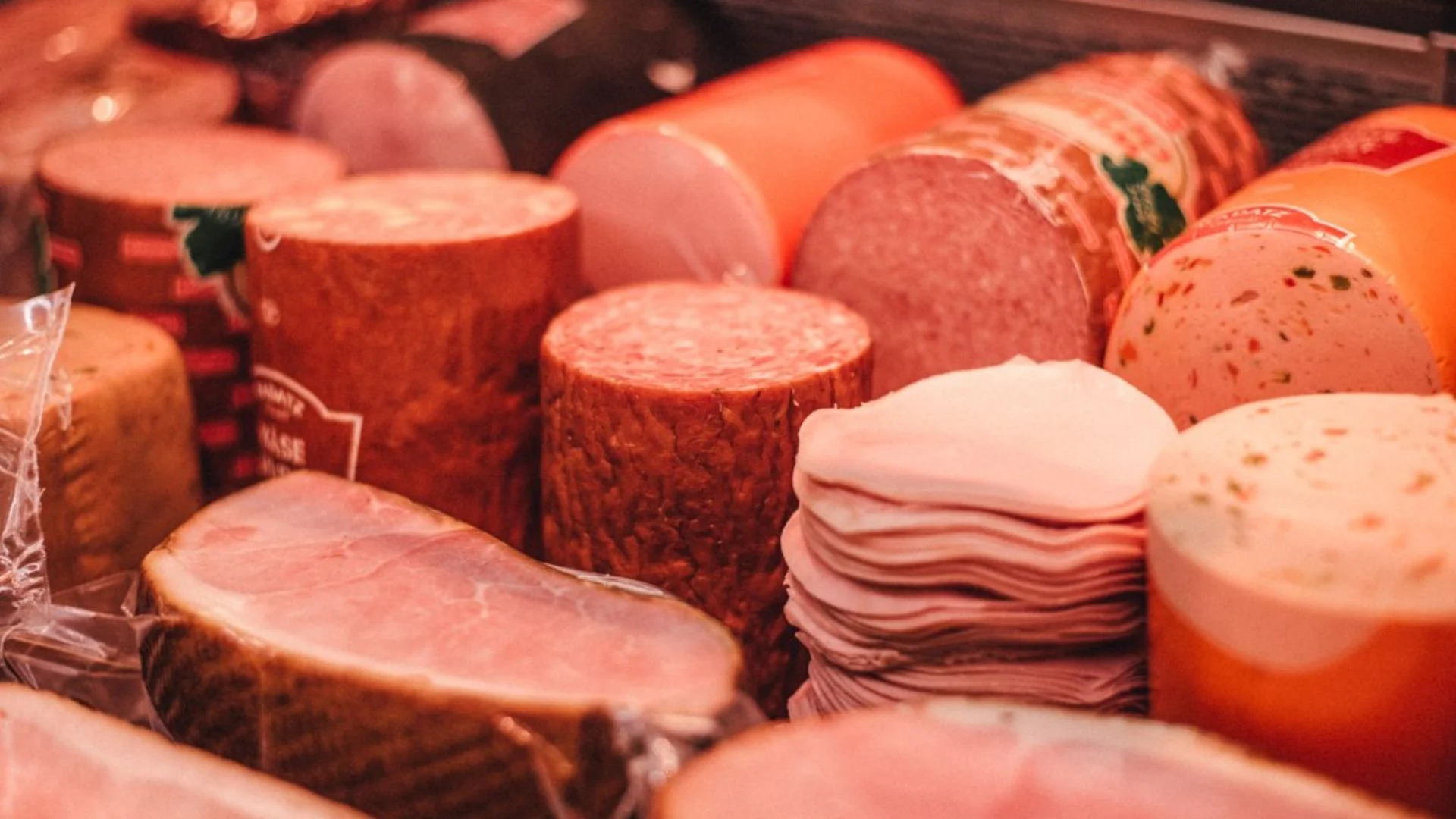Abstract
Memes have a lot of brand power; some meme creators have been successful in registering trademarks and copyright, while others have missed out. In terms of intellectual property rights, memes are still contested ground. I’d like to inform you that LeBron James attempted to trademark “Taco Tuesday,” but the application was denied by the USPTO because “viral memes are fleeting.” Damn submitted the words “Damn Daniel, back at it again” on a sales tag of a t-shirt to settle the office action; the words are just decorative, but the usage of the applied for mark on the tag acts as a source indication.
Even though trademarking memes is challenging, people continue to file meme trademark applications. In this context, I’ve included several examples of trademarked meme uses. Regarding memes, I’ve offered the viewpoints of US trademark law and Indian trademark law. When a meme is utilised for commercial purposes, Laney Griner has been meticulous in defending her rights. Her attorneys issued a letter to Steve King seeking the removal of the image and reimbursement of any monies collected as a consequence of his use of “Success Kid” in a fundraising drive without her authorization.
Memes must now follow long-established laws to be considered protected intellectual property. The impact on the intellectual property realm will become clearer as memes grow more prevalent.
Introduction
According to the Lanham Act, a trademark is “any word, name, symbol, or device, or any combination thereof.”A meme is an idea, a style, an activity, behaviour, a video, a catchphrase, or a GIF that travels through the internet from person to person.
According to the previously established cognitive concept, a meme is the smallest unit of culture that can be consistently copied; a trademark designation can be a meme. In determining whether trademarks qualify as memes in the cognitive sense, size, “independent memorizable meaning,” and audience cultural attitudes all play a role .Trademarks such as McDONALD’S might be categorised as a meme based on a memetic theory research, but if it also meets Dawkins’ three conditions of replication, variation, and selection would decide its categorization.
Trademark Law in India & US: comparative analysis
Memes are continuously evolving, with the text or slogan on the picture or video changing. This shift calls into question the idea that memes may be trademarked. However, this hasn’t prevented a slew of businesses from attempting to trademark memes.
Until then, it’s best to consider before you share, because someone is constantly watching on the Internet! One thing is certain: someone is spreading a meme on social media right now, as you read this. Memes are becoming an increasingly important element of our social relationships, and as with any developing phenomena, legal consequences will emerge.
After the matching words or catchphrases occur as part of a popular media event, viral meme mark applications emerge . Almost majority of these applications are based on claimed future use of the mark in commerce rather than actual usage. When the USPTO receives an application, a Trademark Examiner reviews it to ensure that all registration criteria have been completed . Unless statutorily forbidden, “no trademark shall be rejected registration” if the application fits the conditions . As a result, it is the USPTO’s responsibility to show that a mark should not be registered. Trademark rights are acquired by usage rather than registration . One advantage of submitting a federal trademark application is that it gives the trademark owner countrywide priority in the mark for the items included in the application, even if the trademark owner has not yet done business across the country .
In the case of viral meme trademark applications, there are two typical reasons for denial.The USPTO will reject trademark applications that “falsely represent a tie with persons, alive or deceased, organisations, ideologies, or national symbols” .Second, the US Patent and Trademark Office has the ability to deny registration if the mark is widely used. According to this logic, the more widely a term is used, the less likely it is to be used to identify a specific source by the general public, and the less likely consumers will recognise it as a trademark ”.
A trademark is a term, phrase, symbol, or design that is used to identify the source of products. These are brand markings that provide a product or service a unique identity or assist consumers in distinguishing between different products or services. Is it possible that your meme will serve as a source indication for your products or services?
If we talk about Indian trademark law, the definition of trademark includes colours, certification marks & collective marks, shape of goods, packaging, capable of distinguishing the goods & services of one person from those of others & mark capable of being represented graphically. So memes can be registered under the Trademarks act, 1999.
UltraPro has also registered for Doge registration, owing to the Doge’s rising popularity on social media. What are the ramifications? Is a person responsible for trademark infringement if they use these photos in a meme? Because I’m focusing on Indian law, let’s pretend that these trademarks are registered in India. To begin with, utilising these marks on products or services would constitute a trademark infringement. But what about social media use?
According to Section 29 of the Trade Marks Act, a mark can be violated by both spoken and visual representations of such words. Using such pictures, or even altering them for use on social media, would be considered trademark infringement, according to this clause. This clause, however, solely applies to registered trademarks and does not apply to unregistered trademarks. Therefore, a creator of a meme cannot sue for passing off because the rights are limited to only goods and services.
Examples of Trademark Memes
Notably, Fox Media has filed a trademark application for the term for a possible reality programme. Another applicant, a 44(d) application from Canada, wanted to trademark “OK BOOMER” for board games and quiz games. “OKBOOMERDAD,” a 1(b) application for entertainment content, is another option. While the first products and services description was vague, the phrase “an ongoing series including humour supplied via webcasts on the Internet” sufficed. OKBOOMERDAD has finally got a notice of permission, so maybe a specimen example will be available shortly.
It doesn’t happen very often, although it has occurred in the past. Grumpycats.com monetized its craze by selling books, t-shirts, posters, even Christmas decorations. The family that took the cat photo and uploaded it online is the owner of the trademark. The items connected with the mark Grumpy Cat were stated in the initial trademark application as “stuffed and plush toys, action figures, dolls, and toy animals, all based on a real cat that has become an internet sensation.” My personal favourite online meme is the Grumpy Cat. They had trademarks in several classifications based on the name “Grumpy Cat.”
The business that created the Grumpy Cat meme has successfully trademarked the moniker “Grumpy Cat” for products including toys. Similarly, the creators of the well-known ‘Doge’ meme have successfully trademarked the word ‘Doge’ for apparel. These cases demonstrate that memes, or at the very least the moniker by which they are referred to, can be registered. However, this is dependent on the circumstances, and each case will be decided on its own facts.
The Socially Uncomfortable Penguin was a short-lived meme that was widely circulated, with users frequently altering the text to incorporate awkward phrases. Getty Images asserted its rights and sought money from individuals who used the image in memes after the original image of the penguin was taken by a National Geographic photographer.
So what about the risk of using memes?
Most meme producers start their projects because they enjoy memes and want people to share and alter them. However, allegations have been made in the past against misuse. Getty Pictures, which is known for protecting intellectual property rights, has prohibited the use of one of their images in a meme. Due to lack of distinctiveness because it is unable to perform the main function of a trademark- the individualization of goods and services it is unable to register meme.
Soultions in providing IP protection to memes
Implementing of new provisions relating to inclusion of new products like memes under Indian law.
Conclusion
Because Internet memes bring with them a slew of legal and societal concerns, it’s best to proceed with care. However, if the courts intervene quickly enough to untangle the entire web of law surrounding online memes, we will have some certainty.















